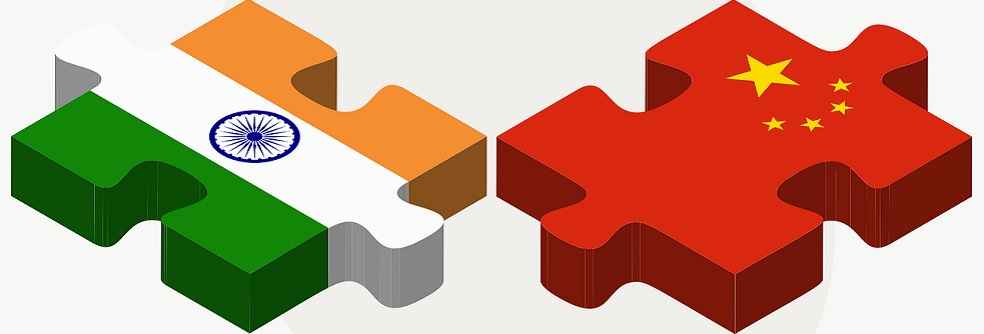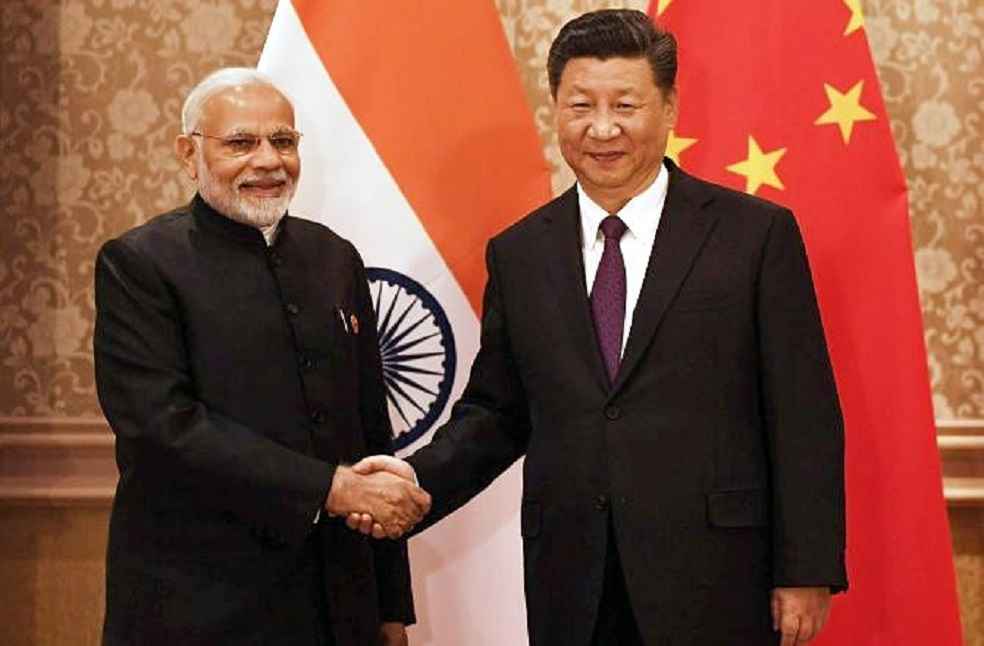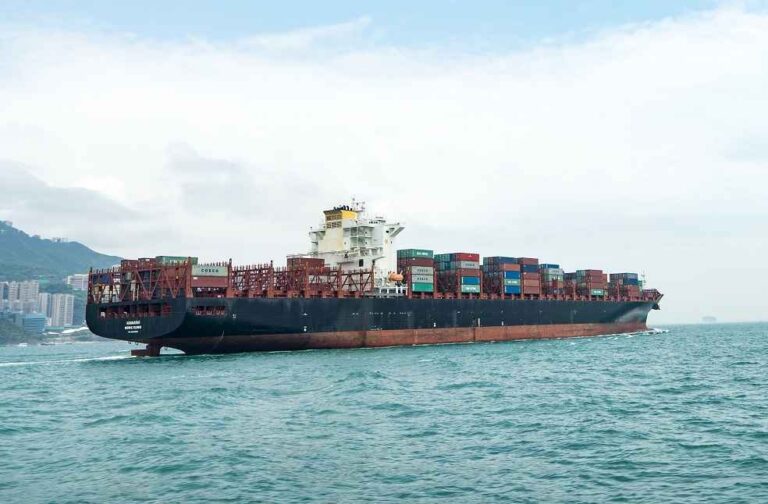While headlines scream of ship bombings and oil tanker threats in the Red Sea, the reality paints a more nuanced picture. Houthi attacks, primarily aimed at garnering regional support, have had minimal impact on the overall power balance. However, the disruption to global trade, particularly for China and India, has spurred these Asian giants to push for de-escalation.
Limited damage: Despite media hype, actual damage to ships and tankers from the attacks remains small. Both sides operate within agreed-upon “rules of engagement,” preventing a full-blown conflict. However, the impact on global trade, especially for countries heavily reliant on the Red Sea route like China and India, is significant.

Feel the pinch: These economic powerhouses, heavily reliant on trade with Europe and the Americas, see their exports and imports flow heavily through the Bab al-Mandab Strait. Any escalation could disrupt their industrial sectors, particularly those dependent on European components for high-tech and advanced machinery. Here’s the impact by the numbers:
- 80% of India’s trade with Europe travels through the Red Sea.
- China imports an estimated £92 billion and exports £123 billion annually through the Bab al-Mandab Strait.
- China’s reliance on European components: 30% of China’s auto industry relies on European technology, with similar trends in India and South Korea.
Beyond Asia: While the immediate impact falls on China and India, the ripples spread further. Potential shortages in equipment deliveries could harm European and US industries, while regional Gulf Cooperation Council (GCC) nations, whose trade has shifted eastward, see the crisis as a global concern requiring international intervention.

China leads: The crisis’ impact on countries friendly to some conflict parties, like China, is likely to intensify pressure for a solution. China’s Foreign Ministry has already called for an end to attacks and safeguarding of the trade order.
Looking ahead: With China and India leading the push for de-escalation, and limited actual damage on the ground, the Red Sea crisis is likely to wind down soon. However, the episode highlights the vulnerability of global trade routes, worth an estimated £1.15 trillion annually through the Bab al-Mandab Strait, and the interconnectedness of the world economy, even in seemingly distant conflicts.
Remember: Trade disruptions due to the Red Sea crisis could cost the global economy billions of pounds, impacting industries and consumers worldwide. The timely resolution of this conflict is crucial for maintaining the smooth flow of goods and ensuring global economic stability. (This article reflects the editorial stance of BH)
TECHWORLD | Key Innovations that Shaped the TechWorld in 2023



